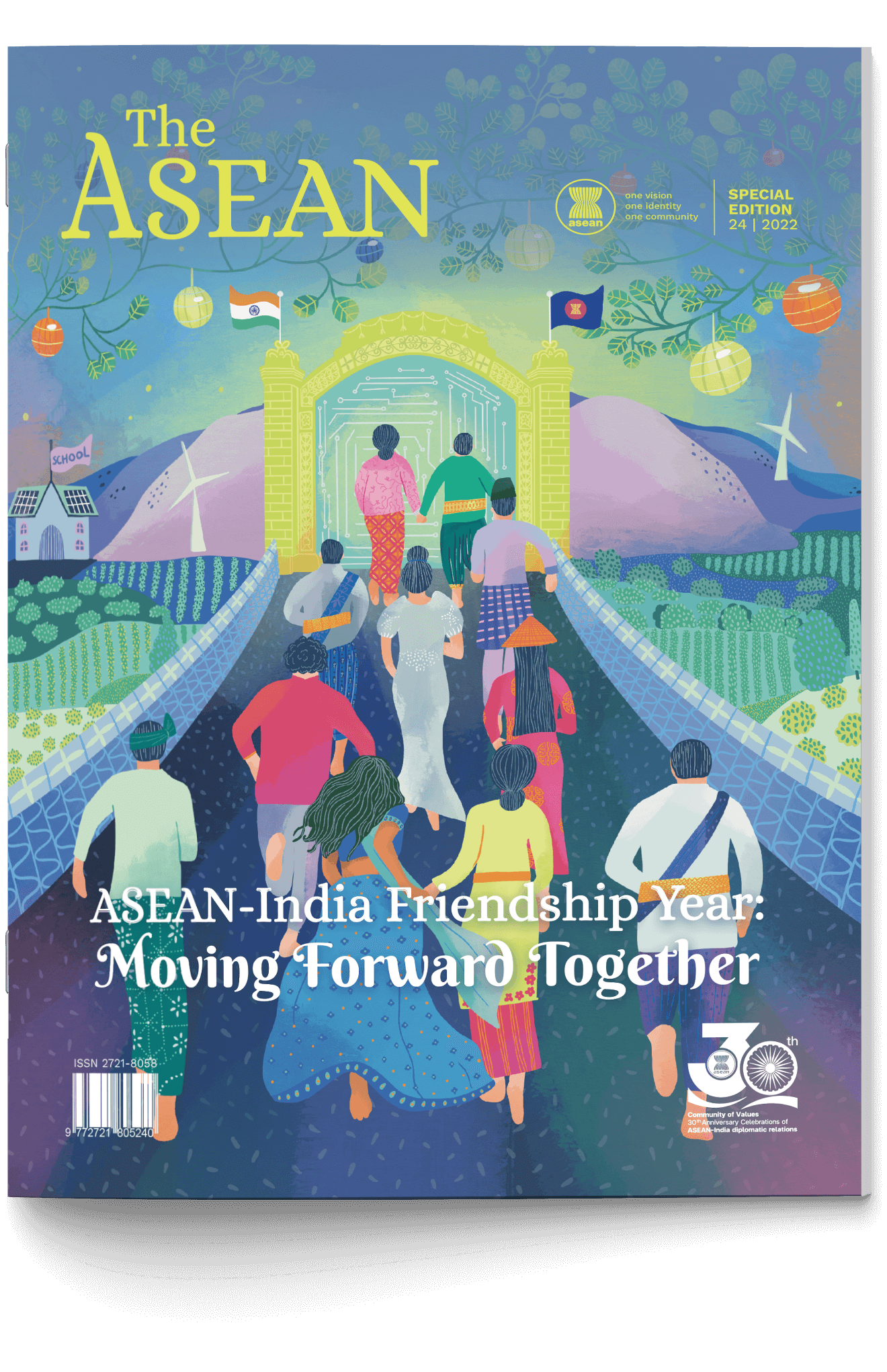

Subscribe to our newsletter:

Special Issue 24
December 2022
ASEAN-India Friendship Year
Moving Forward Together
Download:
Inside this Edition
Themes
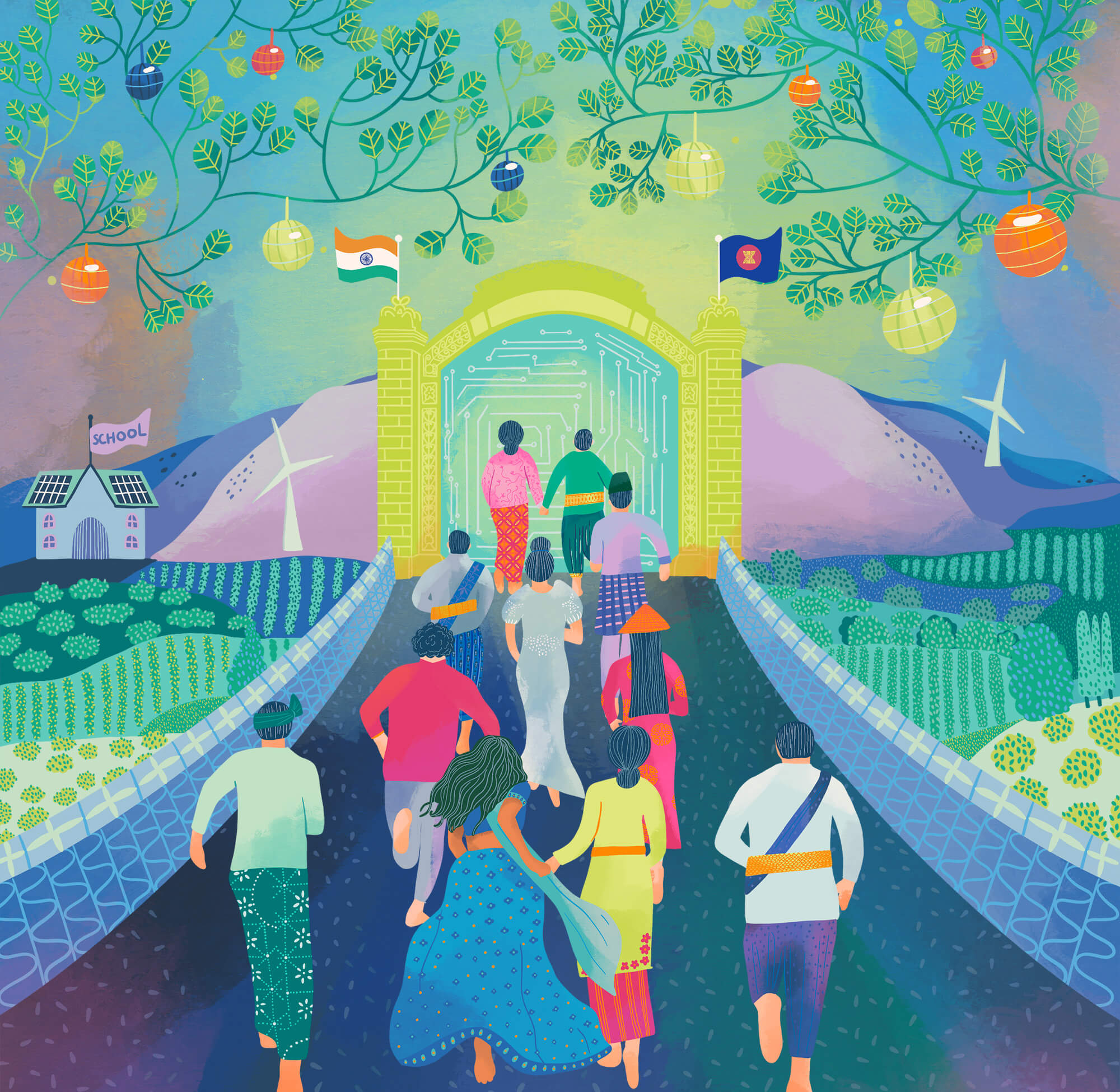
29 Dec 2022
Cover Story for the Issue 24
About the Artist Neelam Naden Malaisé is an artist and graphic designer based in Jakarta. After graduating from university in 2013, she worked for several design studios. In 2017, she founded Studio Neelam, where she is the Creative Director, and later established Neem Jakarta, her fashion brand. Neelam has a growing local and international clientele, including a French company. The ASEAN team was impressed by Neelam’s design style, and colour palette, which she says is influenced by her mixed I
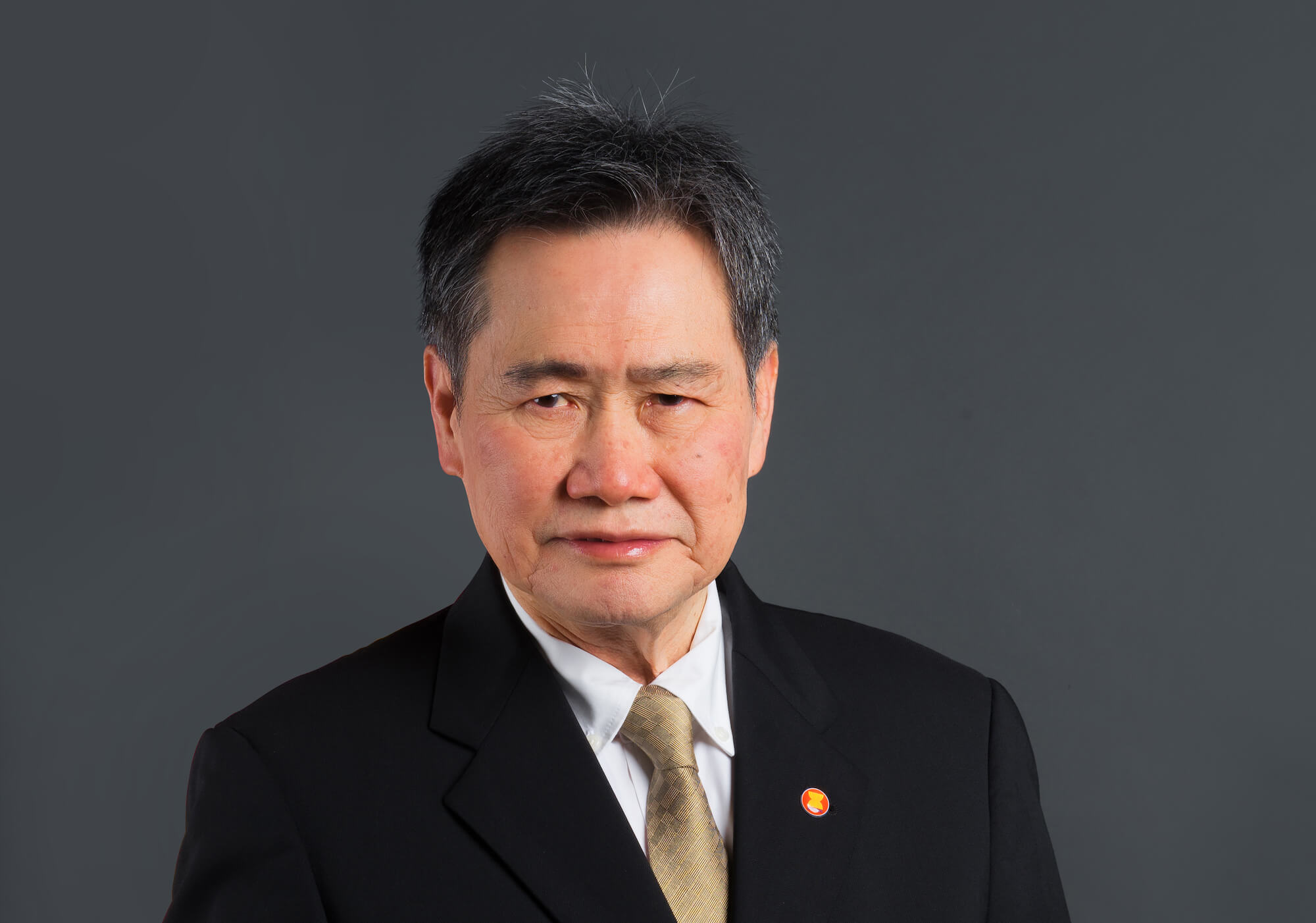
30 Dec 2022
ASEAN Identity and Community Building
Message from the Secretary-General of ASEAN
As ASEAN commemorates 30 years of diplomatic relations with India this year, I am happy to note that our relations continue to deepen at every level. The ASEAN-India partnership has not only led to greater ASEAN regional and global engagement, but also the fostering of regional peace, stability and prosperity. This was reaffirmed at the 19th ASEAN-India Summit in November this year, which declared the establishment of a Comprehensive Strategic Partnership that will strengthen more multifaceted c
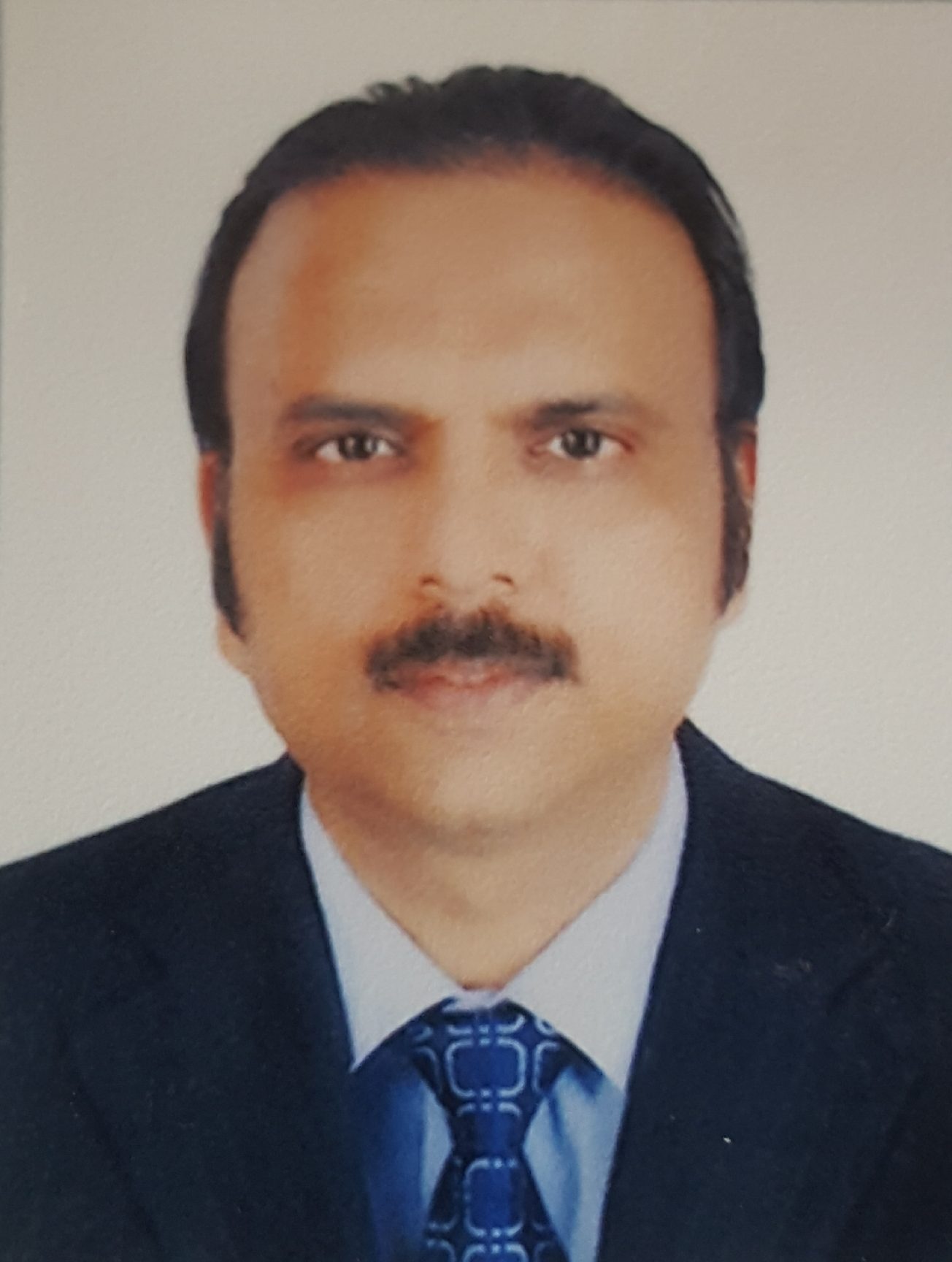
30 Dec 2022
ASEAN Identity and Community Building
Message from the Indian Ambassador to ASEAN
It gives me great pleasure to write this message, representing India as ASEAN’s Comprehensive Strategic Partner. Since 1992, 30 years down the lane, the ASEAN has become the heart of the Indo-Pacific. No other region probably is as much discussed, constructively, as Indo-Pacific these days, not only from the geo-political perspectives but also from the perspective of the prime mover of the economic growth for the world.
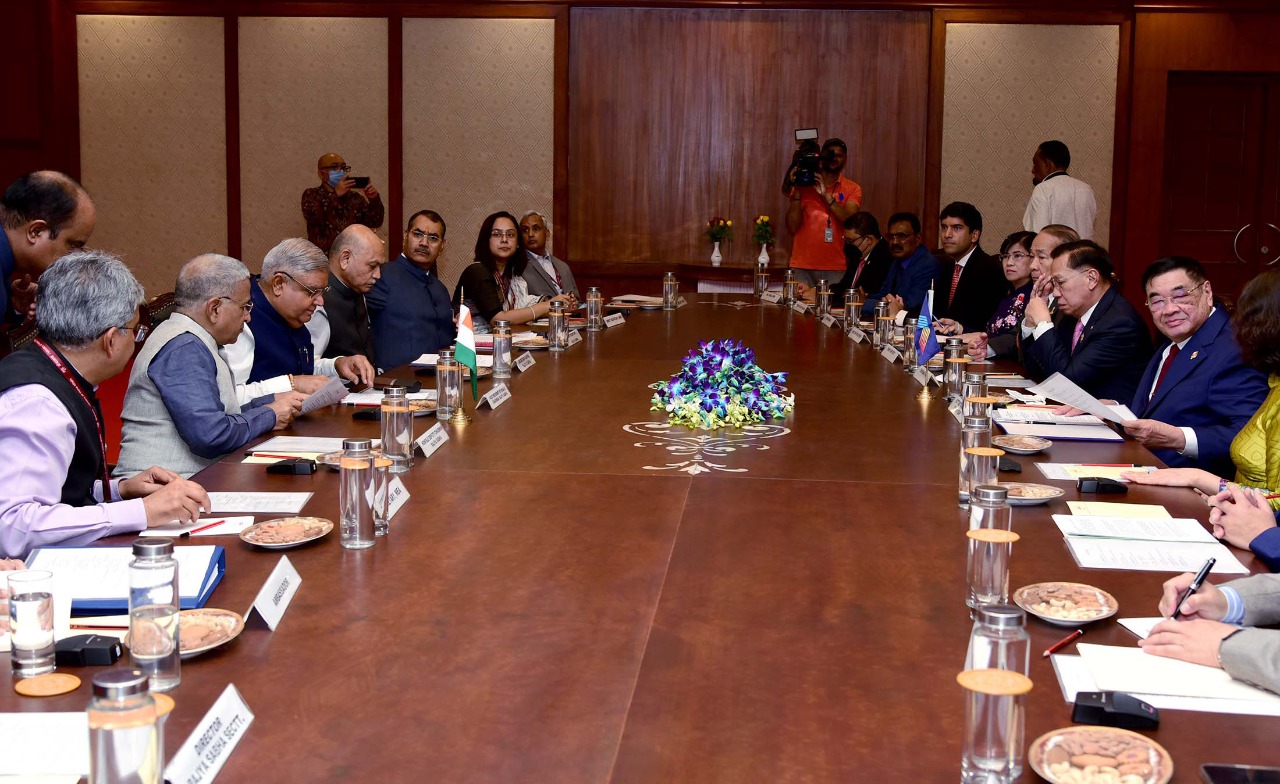
30 Dec 2022
ASEAN Identity and Community Building
Commemorative Events
ASEAN and India marked the anniversary of their partnership by holding several commemorative events throughout 2022. Some of these are high-level meetings, such as the Special Foreign Ministers’ Meeting and the Delhi Dialogue on 15-17 June 2022, the ASEAN Defence Ministers’ Meeting Plus and ASEAN-India Defence Ministers’ Informal Meeting on 22-23 November 2022, and the ASEAN InterParliamentary Assembly (AIPA) Delegation’s visit to India on 10-14 August 2022.
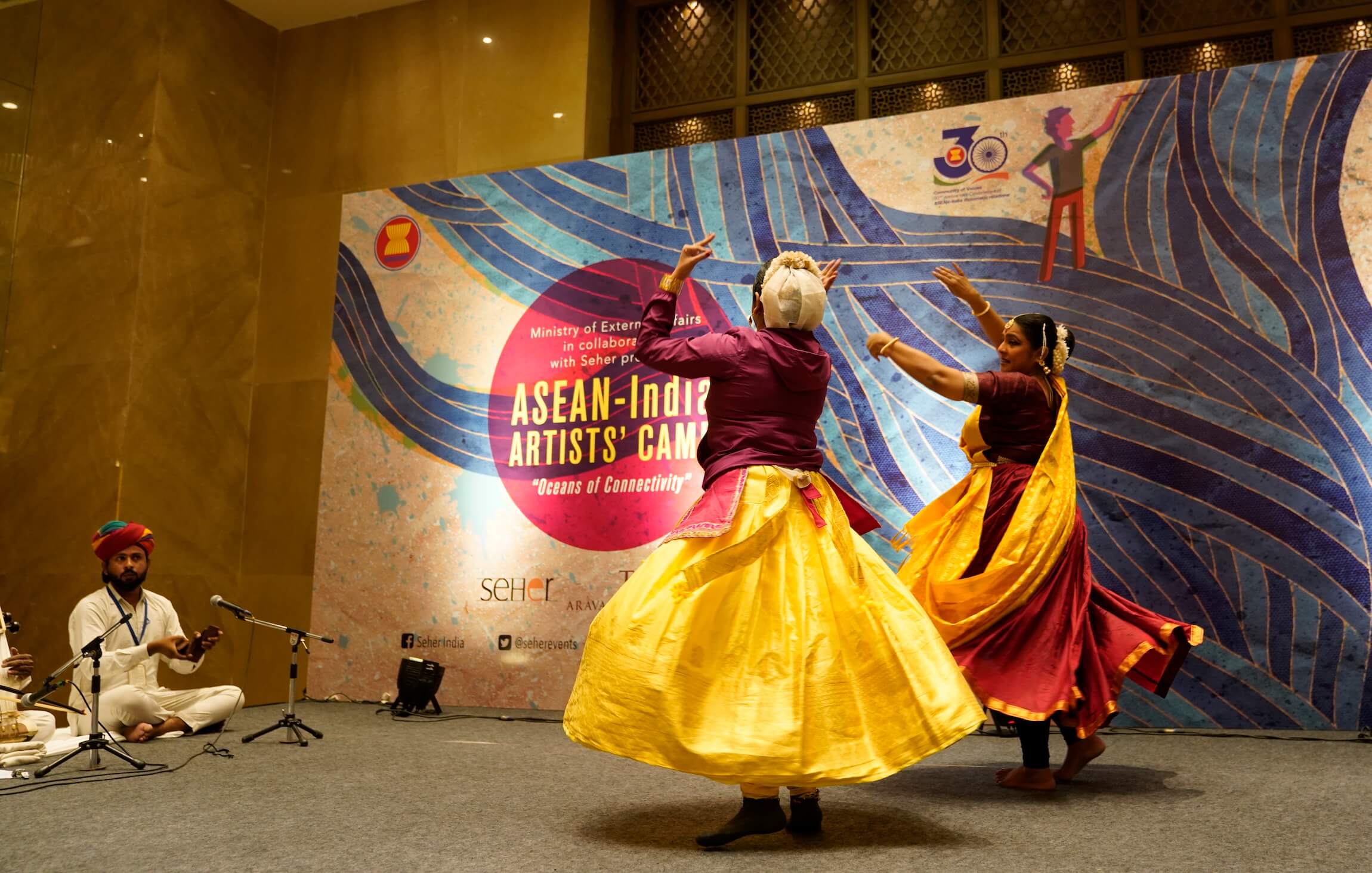
30 Dec 2022
Culture
ASEAN-India Artists’ Camp 2022
Art is a powerful tool that brings people together and imbibes the socio-cultural practices of the time. The ASEAN-India Artists’ Camp 2022 was one such project. It recognised the power of art in fostering intercultural people-to-people exchanges to promote mutual understanding and tolerance.

30 Dec 2022
Education
A Vibrant Ecosystem for Innovations
ASEAN and India are fast-rising hotspots for digital start-ups. This was evident in the first ASEAN-India Start-up Festival 2022, held on 27-30 October 2022 at the Innovation Convention Center in Cibinong, Indonesia.

3 Jan 2023
ASEAN Identity and Community Building
30 Years of ASEAN-India relations
The year 2022 marks the 30th anniversary of ASEAN-India relations, and its progression into a Comprehensive Strategic Partnership. India initially came on board as a Sectoral Dialogue Partner in 1992, then gained Dialogue Partner status three years later. It began participating in ASEAN Summits in 2002, became a Strategic Partner in 2012, and in 2015, it formally set up a Mission to ASEAN to deepen its engagement with ASEAN.

3 Jan 2023
ASEAN Identity and Community Building
Narrative of a Resurgence: Cooperation between Nalanda University and the ASEAN Region
The ASEAN-India cultural and civilisational linkages form a solid bedrock for the connection between the ASEAN Member States and Nalanda University to flourish. The shift from the Look East Policy to the Act East Policy by the government of India, underlining the policy of connectivity, culture, and commerce, accelerates the momentum of this engagement.
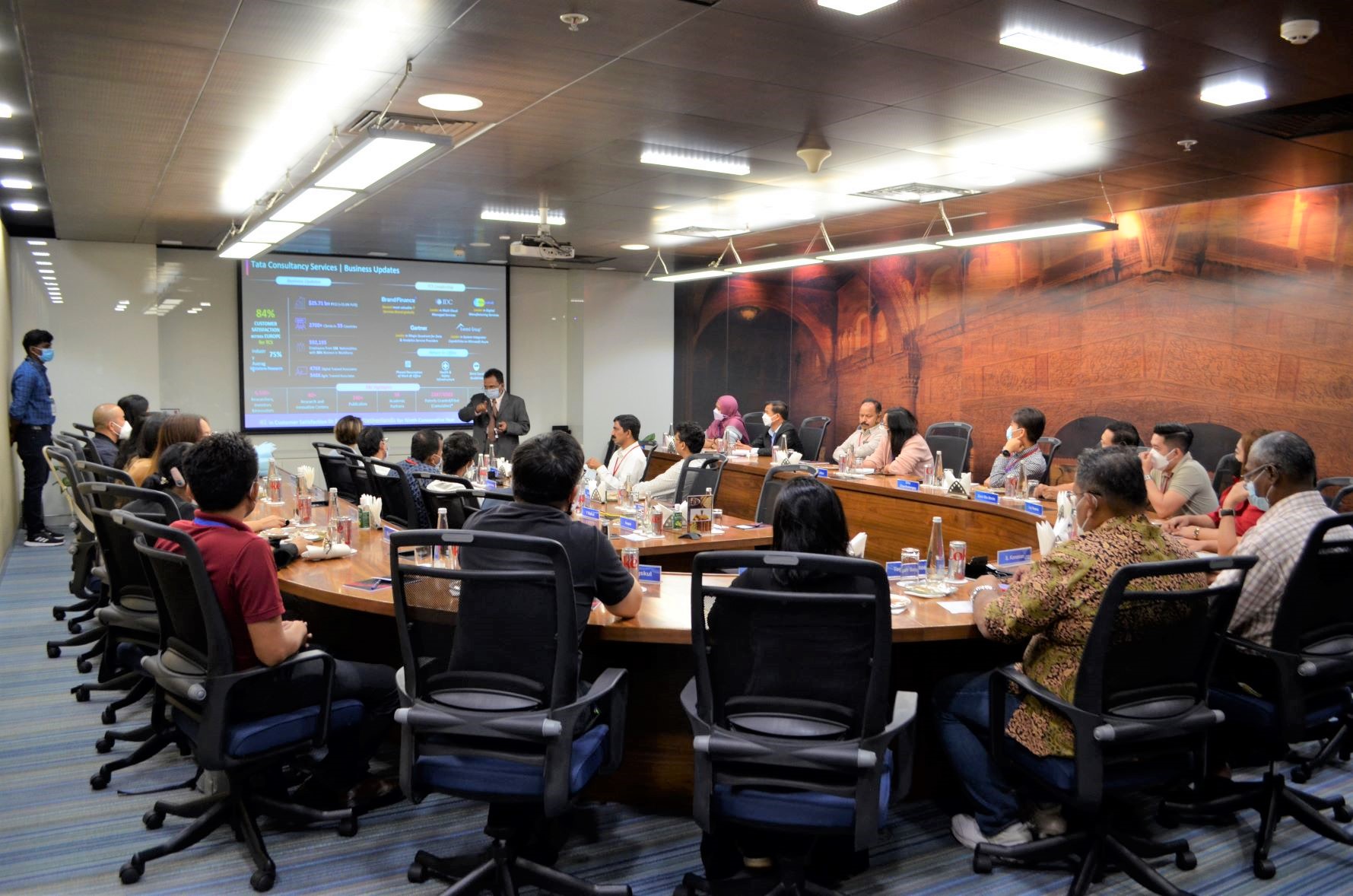
3 Jan 2023
ASEAN Identity and Community Building
ASEAN-India Media Exchange Programme: Stronger Ties Through Media Exchange
Nineteen media professionals from 10 ASEAN Member States visited India to learn more about ASEAN-India ties through the 2022 ASEAN-India Media Exchange Programme.
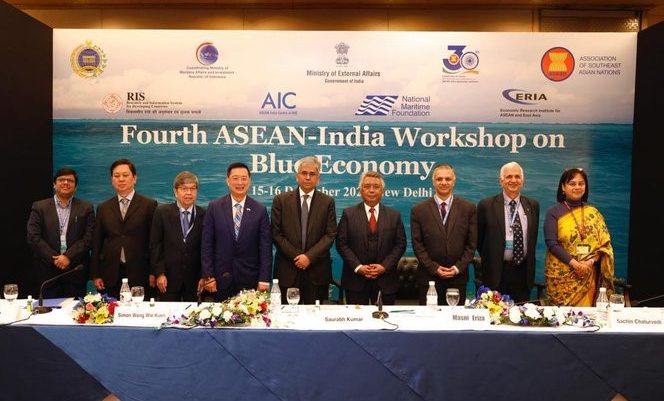
3 Jan 2023
Environment
4th ASEAN-India Workshop on Blue Economy: partnership to Safeguard Our Oceans and Seas
The 4th ASEAN-India Workshop on Blue Economy was successfully held on 1516 December 2022 in New Delhi, India. With the theme “Advancing Partnership for Sustainability,” the workshop highlighted the importance of collective action to ensure the sustainable and rules-based use and management of oceans, seas, and their resources.

3 Jan 2023
ASEAN Identity and Community Building, Education, Youth
3rd ASEAN-India Grassroots Innovation Forum: Cutting-Edge Technology from the Grassroots
The 3rd ASEAN-India Grassroots Innovation Forum 2022 was held on 19-21 December 2022 at the Institute of Technology of Cambodia in Phnom Penh, Cambodia. The threeday forum served as a platform for participants from ASEAN and Indian communities to share experiences and best practices in grassroots innovation.
3 Jan 2023
Education, Youth
Doctoral fellowships for ASEAN: Opportunities for Higher Education in India
ASEAN citizens now have an opportunity to study in India, thanks to the Doctoral Fellowship in India programme.
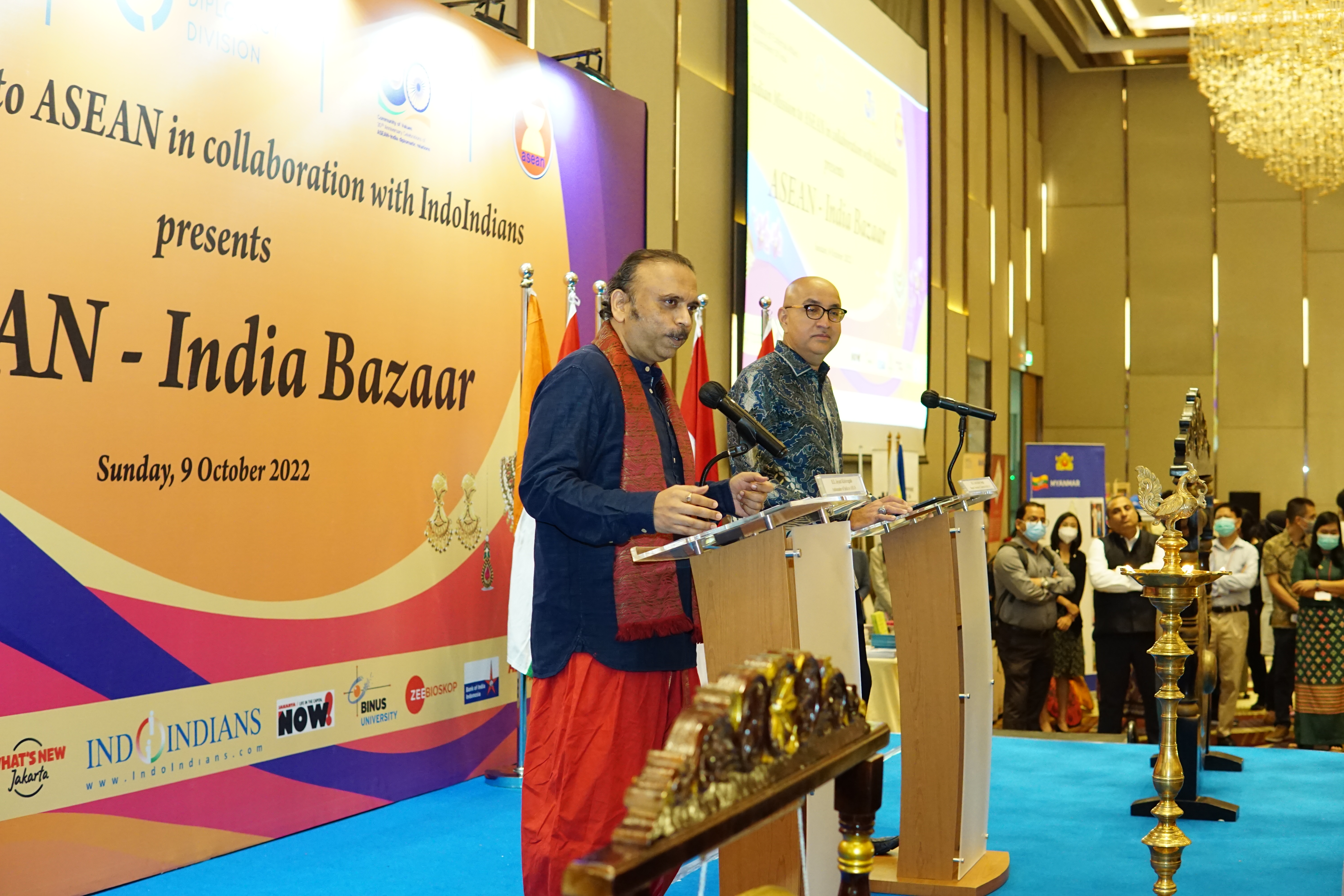
3 Jan 2023
Culture
ASEAN-India Bazaar: Keeping the Light Alive
Southeast Asia is home to many generations of the Indian diaspora. Although they live far away from their ancestors’ land, many have kept their vibrant customs and traditions alive.
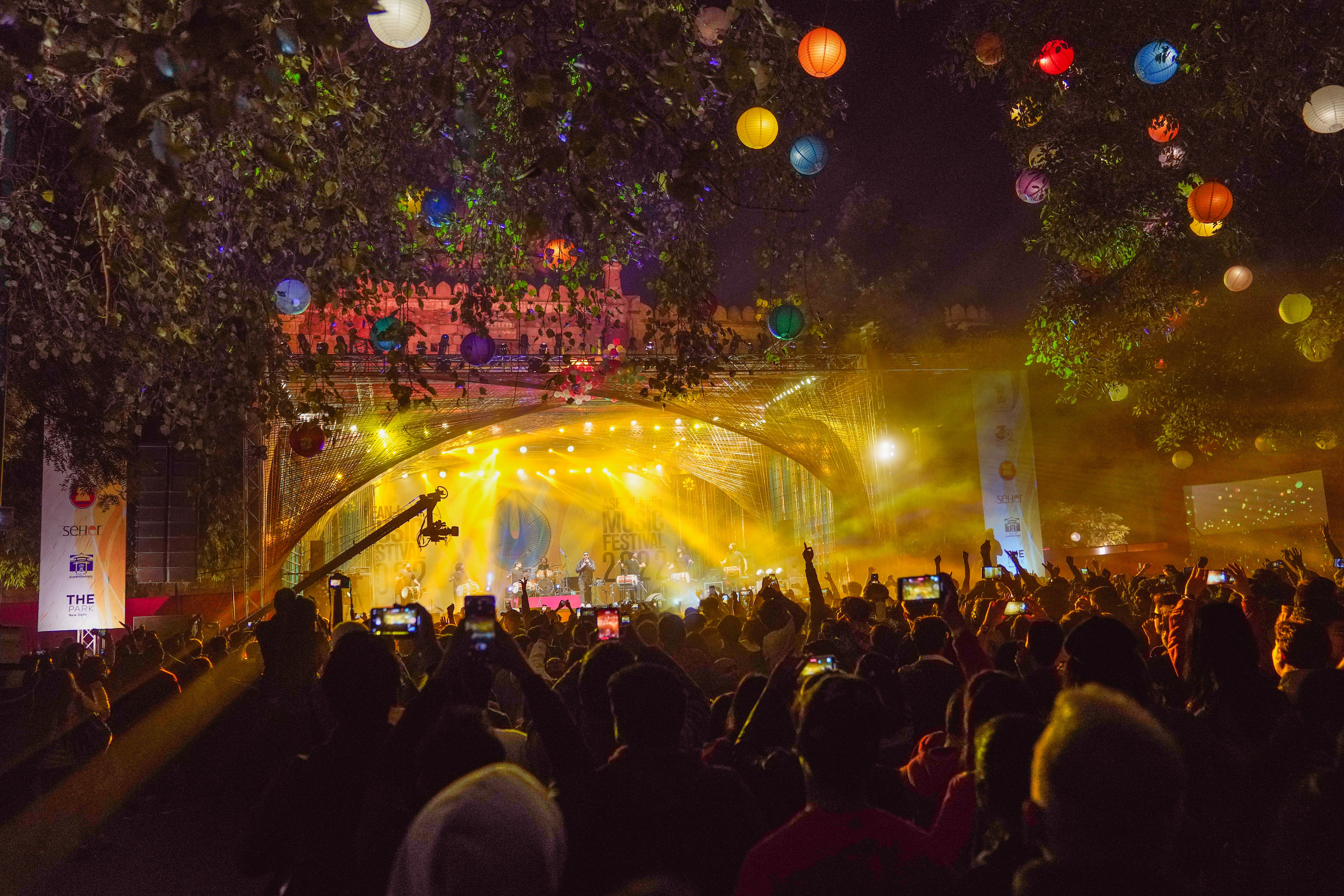
3 Jan 2023
ASEAN Identity and Community Building, Culture, Youth
ASEAN-India Music Festival 2022: Bridging the Best of Southeast Asian and Indian Music
It is Sunday evening in New Delhi, India. As the sun begins to set, a refreshing November wind blows, and a swarm of people flies into the magnificent historical fort of Delhi, Purana Qila. The fort looks more vibrant than usual, with colourful lanterns strung up on the trees and a dazzling stage set up in the middle for the ASEAN-India Music Festival 2022.

3 Jan 2023
Culture
A Dive into Bollywood Fever in Southeast Asia
“Bollywood” was once a pejorative term for mainstream Hindi cinema, according to film scholar M. K. Raghavendra. It has since evolved to become a brand and one of the most visible “Indian” presences in the global arena, including in Southeast Asia.

3 Jan 2023
Culture
Swimming against the Mainstream: Thailand’s Bollywood niche market
It did not take long for Gangubai Kathiawadi (2022) to catch the attention of Thai movie-goers. Directed by Sanjay Leela Bhansali, the movie was released in Thailand on Netflix’s streaming service on 26 April 2022. Soon after, Thai social media was flooded with Gangubai’s reenactment, while the movie stayed in the platform’s local top chart for seven weeks.
Interviews
-
Conversations
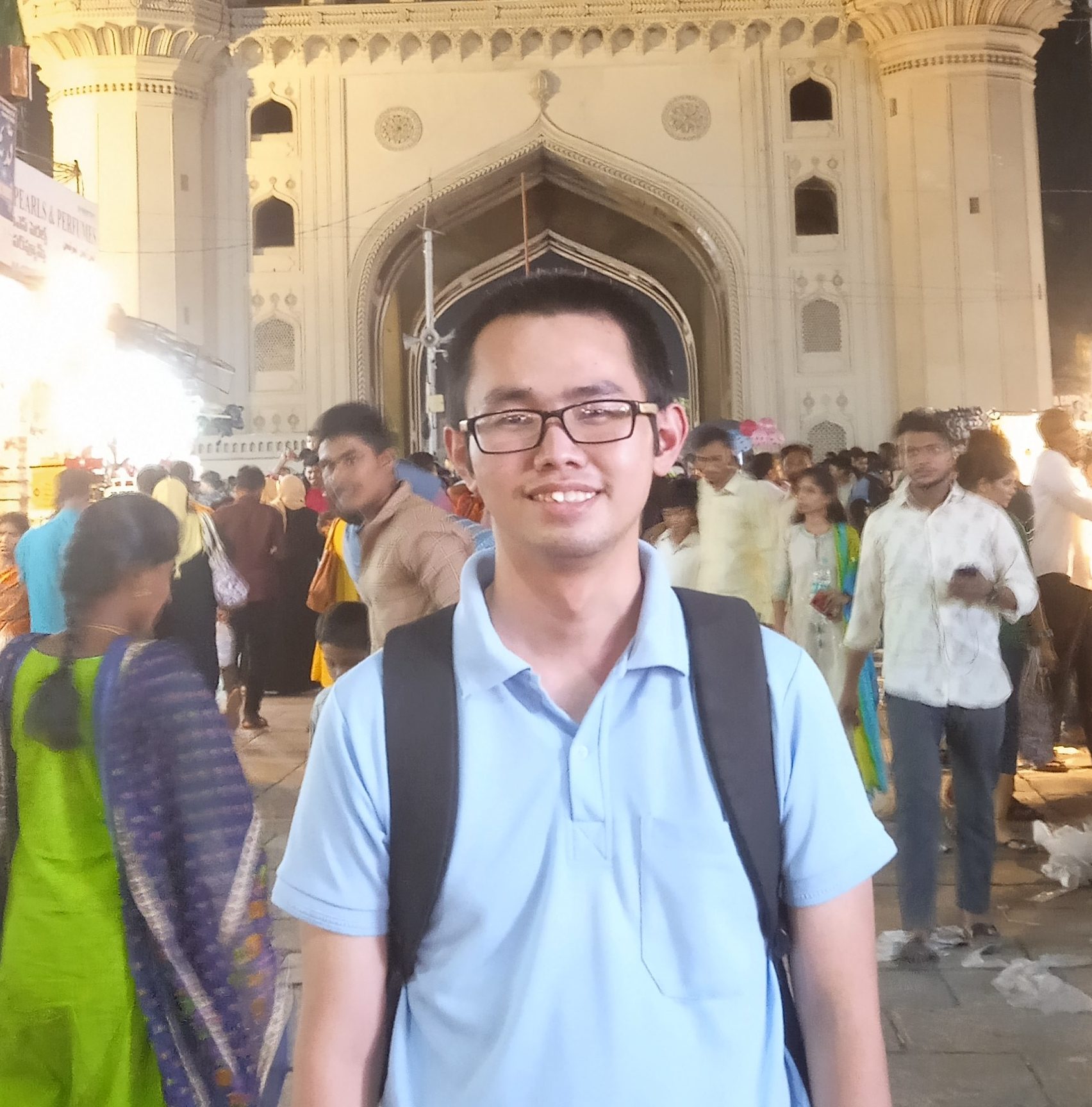
3 Jan 2023
ASEAN Identity and Community Building, Culture, Education
Tin Tran
The Phoenix is an apt metaphor to depict the revived Nalanda University. Like this mythical bird, the historic campus was resurrected after being burned down to ashes. According to the university’s website, historical findings revealed that ancient Nalanda had a remarkable life lasting 800 years from the fifth to the twelfth century CE. After a gap of hundreds of years, the new avatar of Nalanda University opened its doors for the first batch of students in 2014, around 12 kilometres from the or
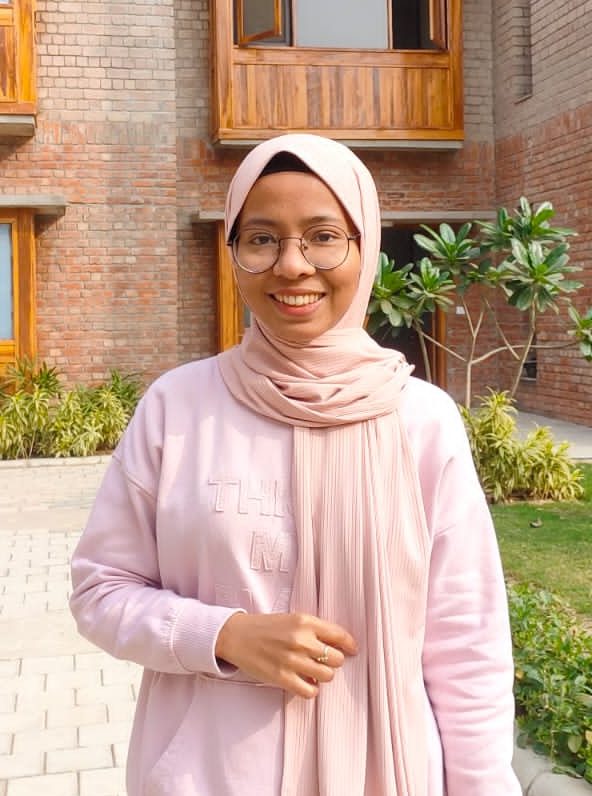
3 Jan 2023
ASEAN Identity and Community Building, Culture, Education
Yuni Saputri
Living and studying at Nalanda University made Yuni Saputri reminisce about her high school life. She was a student at an Islamic boarding school or pesantren in her hometown in Banda Aceh, Indonesia. Like in Nalanda University, students and teachers in a pesantren live around the school area. However, the 26-year-old said that the temperature significantly differs between Banda Aceh and Rajgir, India, where she lives now.
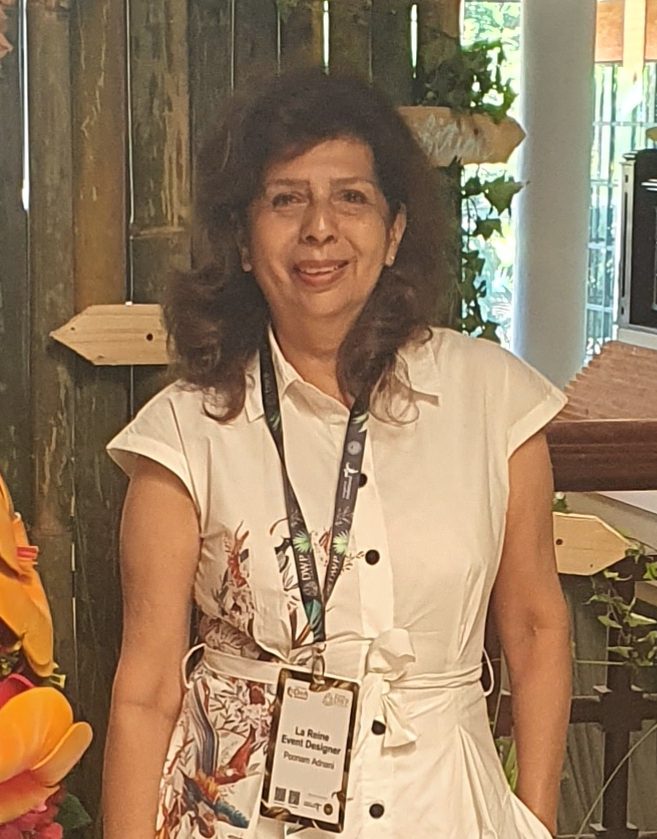
3 Jan 2023
Culture
Poonam Adnani
Poonam Adnani had just finished her fourth event of the day when she talked with The ASEAN. It was ten days after Diwali, and many in Jakarta were still celebrating. Adnani’s parents moved to Indonesia in the 1950s. She was born and raised in Bandung, and her family is part of a sizeable Indian diaspora community that settled in the country. Sixty-five-year-old Adnani has been in the party business for more than two decades. It is not an overstatement to say that she has become one of the most w


